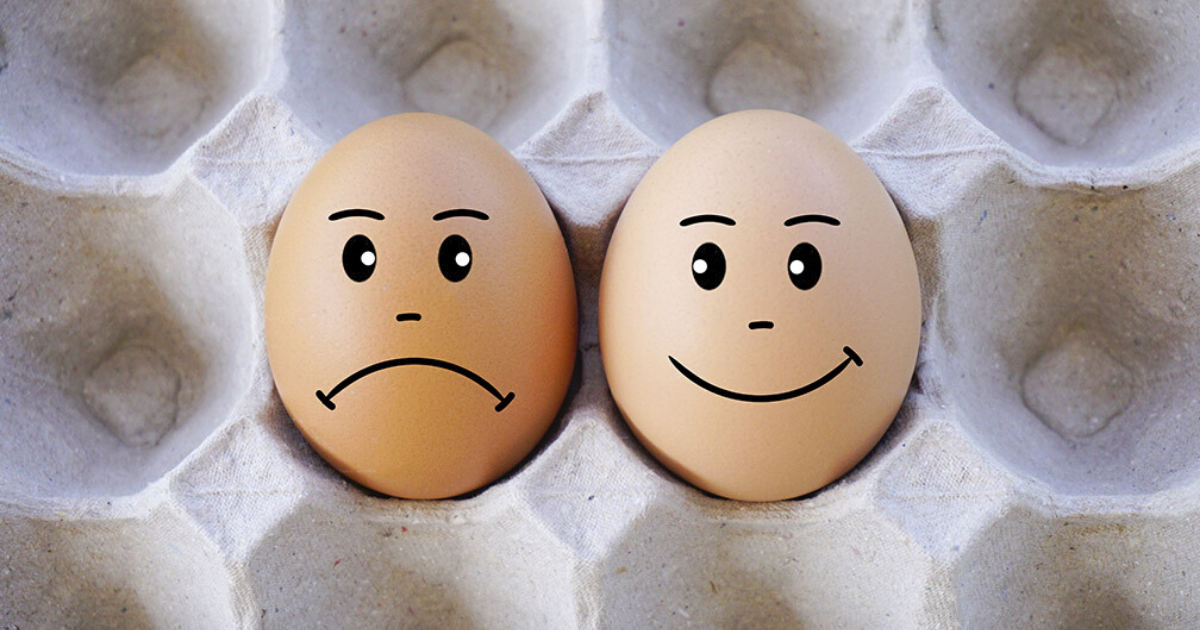Advertisements

1920, Americans filled their homes with chicken for one purpose, laying eggs. Some years back, chickens were not regarded as anything beyond paying eggs until the late 1940s when things started to shift. However, that initiative was for the food industry to find more uses of chickens. Restaurants today serve a plethora of chicken recipes, including nuggets, fried, and casseroles chicken. However, experts are yet to discern what happened to eggs. Eggs were at first a target based on the medical establishment faulty premise that overeating yolk would pack up your arteries with plaque and drive up cholesterol levels. As recently as 2012, some Americans deemed eggs as a health-damaging as cigarette smoking. Unfortunately, many people still believe this myth, but it is a misconception that is damaging health, but not the consumption of eggs. Recent research has shown that eggs are not responsible for high cholesterol or heart disease as they are thought of. Eggs are, in fact, one of the most nutritious meals we have around. Eggs are known to support health aspects, including healthy pregnancies, blood vessels, fat regulation, and heart health. Dietary cholesterol has been vilified for decades, but it is understood to be less detrimental to human health than researchers and scientists originally thought. Cholesterol in our foods has quite a small effect on the level of fat in our blood.
Eggs Intake

A recent study showed that people with pre-diabetes and Type 2 diabetes would eat a dozen eggs a week and have no health complications. Eggs do not alter the level of LDL in the blood. An egg contains a lower level of cholesterol than the recommended dietary allowance of cholesterol in a day. Eggs consumption balances the ratio of cholesterol intake, given that the liver already produces a cholesterol amount that is enough to sustain you in a day. Eggs increase the level of cholesterol in our bodies.
Cholesterol and Fat Saturation is a Perception

The medical community is yet to explain the problem regarding saturated cholesterol and fat to the public. The most probable reason is that there is too much confusion around this discussion. Eggs can raise cholesterol levels, but your lipid profile can improve when you eat more saturated fat. Saturated fats not only increase your level of HDL but also increase your fluffy LDLs. However, medical experts believe that people have exaggerated LDL consumption as a heart disease risk factor. However, this is exceptional for people with a genetic abnormality. The misconception that people must remove saturated fat to reduce the risk of heart disease has dominated dietary guidelines and advice. Yet scientists continue to show how it can increase our risk for cardiovascular disease. The government’s obsession with high cholesterol levels has led to the overmedication of many Americans with statins. That has diverted the attention of the medical community from more egregious risk factors to elevated levels of LDL and low levels of HDL cholesterol.
Reasons to Start Eating Eggs Continually

Instead of worrying about the faulty misconception that made you fear eating eggs, there are numerous reasons to start eating eggs. Eggs are loaded with minerals and vitamins and can boost your health. Eggs contain vitamins, calcium, zinc, and healthy fats. Zeaxanthin and Lutein are some minerals that are present in the egg and contribute to the buildup of the eye retina.
Eggs are the Main Source of Choline

Eggs are rich in choline, which is necessary for building wall membranes. Choline also helps reduce chronic inflammation and build-up of homocysteine. Eggs also play a crucial role in the health of pregnant women. Choline can help prevent congenital disabilities such as spina bifida, and it contributes to brain development as well.
Advertisements
Advertisements
